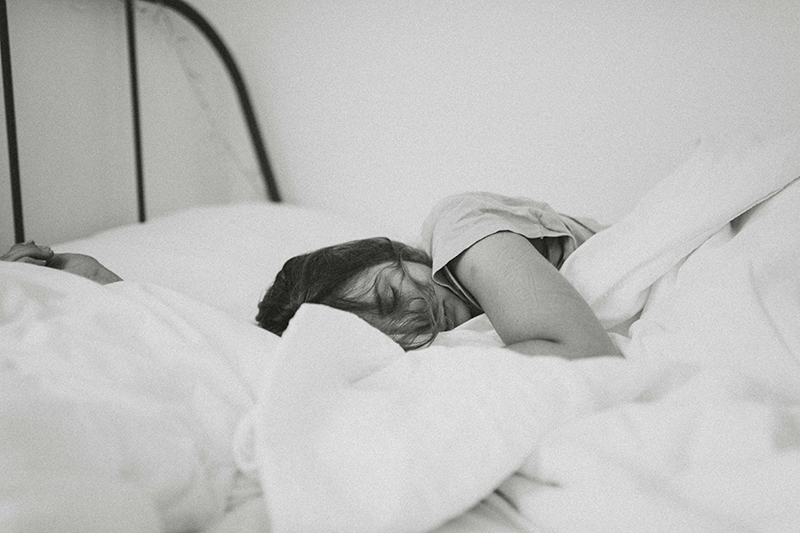
Study finds relationship between catching up on sleep on weekends and chances of lowering heart disease risk
The demands of the working week, often influenced by school or work schedules, can lead to sleep disruption and deprivation.
However, new research presented at ESC Congress 2024 shows that people that ‘catch up’ on their sleep by sleeping in at weekends may see their risk of heart disease fall by one-fifth.
“Sufficient compensatory sleep is linked to a lower risk of heart disease,” said study co-author Mr Yanjun Song of the State Key Laboratory of Infectious Disease, Fuwai Hospital, National Centre for Cardiovascular Disease, Beijing, China. “The association becomes even more pronounced among individuals who regularly experience inadequate sleep on weekdays.”
It is well known that people who suffer sleep deprivation ‘sleep in’ on days off to mitigate the effects of sleep deprivation. However, there is a lack of research on whether this compensatory sleep helps heart health.
The authors used data from 90,903 subjects involved in the UK Biobank project, and to evaluate the relationship between compensated weekend sleep and heart disease, sleep data was recorded using accelerometers and grouped by quartiles (divided into four approximately equal groups from most compensated sleep to least). Q1 (n = 22,475 was the least compensated, having -16.05 hours to -0.26 hours (ie, having even less sleep); Q2 (n = 22,901) had -0.26 to +0.45 hours; Q3 (n=22,692) had +0.45 to +1.28 hours, and Q4 (n=22,695) had the most compensatory sleep (1.28 to 16.06 hours).
Sleep deprivation was self-reported, with those self-reporting less than 7 hours sleep per night defined as having sleep deprivation. A total of 19,816 (21.8%) of participants were defined as sleep deprived. The rest of the cohort may have experienced occasional inadequate sleep, but on average, their daily hours of sleep did not meet the criteria for sleep deprivation – the authors recognise this a limitation to their data.
Hospitalisation records and cause of death registry information were used to diagnose various cardiac diseases including ischaemic heart disease (IHD), heart failure (HF), atrial fibrillation (AF), and stroke.
With a median follow-up of almost 14 years, participants in the group with the most compensatory sleep (quartile 4) were 19% less likely to develop heart disease than those with the least (quartile 1). In the subgroup of patients with daily sleep deprivation those with the most compensatory sleep had a 20% lower risk of developing heart disease than those with the least. The analysis did not show any differences between men and women.
Co-author Mr Zechen Liu, also of State Key Laboratory of Infectious Disease, Fuwai Hospital, National Centre for Cardiovascular Disease, Beijing, China, added: “Our results show that for the significant proportion of the population in modern society that suffers from sleep deprivation, those who have the most ‘catch-up’ sleep at weekends have significantly lower rates of heart disease than those with the least.”
Support Our Journalism
We cannot do without you.. your contribution supports unbiased journalism
IBNS is not driven by any ism- not wokeism, not racism, not skewed secularism, not hyper right-wing or left liberal ideals, nor by any hardline religious beliefs or hyper nationalism. We want to serve you good old objective news, as they are. We do not judge or preach. We let people decide for themselves. We only try to present factual and well-sourced news.







